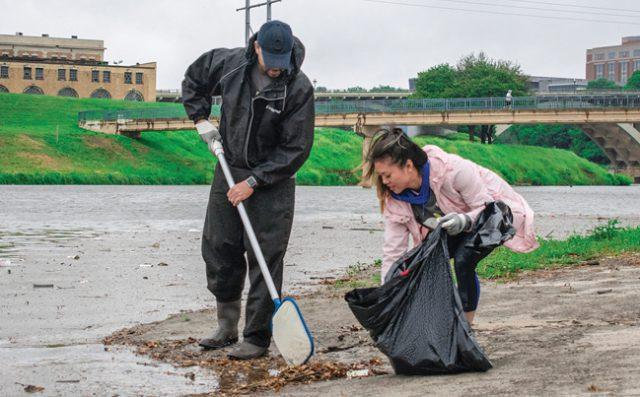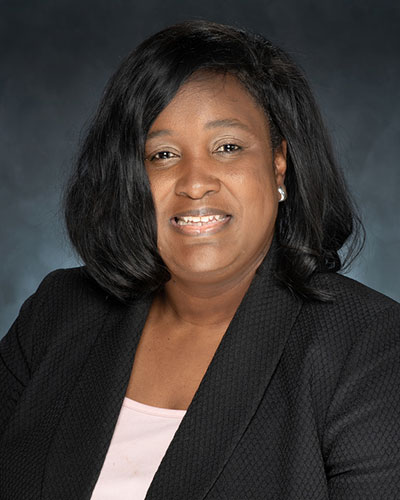After hiding away seven years in the Ecuadorian Embassy in London, WikiLeaks founder Julian Assange was taken into custody April 11.
During his time at the embassy, Assange’s behavior was ungrateful and bizarre. There are reports of him skateboarding in the hallways of the embassy to harassing others and even smearing his feces on the wall, according to NBC News.
Dragged out of the embassy, Assange was arrested by British police, and the U.S. wants him next.
The debate has been sparked as to whether this is the arrest of a journalist — which could be trampling on freedom of the press — or the arrest of an activist.
And frankly, Assange is not quite the hero that some might make him out to be.
Assange founded the website WikiLeaks in 2006 with the stated goal of obtaining and publishing confidential documents, something governments would prefer to not happen. One goal is to increase government transparency, which there absolutely should be more of.
Atrocities and human rights violations would be less likely if a government knows their behind-the-scenes decisions are sure to come to light.
The press plays a vital role to ensure the public is informed and can keep the powers that be in check. However, in a world where the term “fake news” is thrown around, the growing trend of media distrust might be at an all-time high.
So, who or what can you trust?
There’s an appeal to put a lot of stock in documents released by WikiLeaks, the idea being that it’s a direct source. And in general, there don’t seem to be a lot of challenges to the authenticity of those documents either.
This is somewhat the opposite of articles published with one anonymous source, which can leave readers a bit skeptical at times.
Neither situation is immune to receiving faulty information.
WikiLeaks still has to vet all information it receives and can’t be expected to achieve perfection. When receiving large batches of documents, it’s possible to receive a few convincing fakes.
This is also under the assumption that the site operates without an agenda. One should question actions to determine alignment with principles.
For example, WikiLeaks published Democratic National Committee emails in 2016 shortly before the Democratic National Convention. U.S. intelligence concluded that Russia conducted these operations, but Assange denied that the source of the emails was Russia.
The timing of the release of documents is questionable and could easily be perceived as calculated, like having an effect on the outcome of the 2016 U.S. presidential election.
Regardless, it leaves one of two scenarios: WikiLeaks was either complicit or somewhere between ignorant and indifferent.
In the first case, it would be an extreme if the organization were to knowingly help the Russian’s agenda or even have an agenda of its own.
Otherwise, it could be viewed as the information was published simply because it’s important to put the truth out there. But in this case, that would make the document-sharing site look like the arm of other entities, which a journalistic organization shouldn’t be.
The best-case scenario is that putting the truth out there is all that matters no matter what the outcome, which also sounds a bit chaotic. And that’s assuming the timing wasn’t intentional.
A side effect of those leaks was the release of individuals’ credit card and social security numbers. Ethics in journalism is still important.
It’s certainly alarming if the government seeks to silence and punish any journalist for publishing truthful information. However, it’s important not to put any man or organization on a pedestal and mistake them for the ideals they claim to hold.
Let’s hold all of those who call themselves journalists to the highest of standards.










































